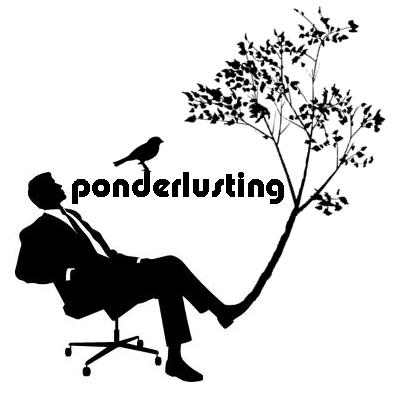Capitalism is supposed to give the public what they demand, the public is demanding that the big banks stop handing out multi-million pound bonuses, but somehow that isn’t happening. This is not a failure of capitalism; it is a failure of the public. Redressing this problem is far from impossible but consumers will need to be a little more business savvy.
Forcing Morals:
I have written previously about the possibility of the evolution of morals in capitalism. The thrust of the idea is that if we have the guts to humanise our demands then companies will be forced to follow. This is already starting to happen in practice: ‘green’ and fair-trade products are perfect examples of where we have demanded more from the products we buy. Now we can do the same with services. There are some huge food suppliers who will only use fair-trade produce in their products and soon perhaps some of the big banks will refuse to invest in risky ventures, will give investment to small businesses and will even pledge to cap their own bonuses.
Asking the right questions:
Consumers currently demand a range of financial services, but they do not control how the providers distribute their profits. We demand these services and then once they are delivered we return and say ‘oh, by the way, please use the money wisely’ by which time it is too late (and time moves pretty quickly in the world of finance). The power that we, as a group of consumers, exercise over corporations consists solely in our choice of providers and once our money is in their till we have revoked all control.
The answer to this problem is simply to demand a different kind of service. Instead of saying ‘I want secure, affordable banking – and please don’t be greedy along the way’ we must include our ethical demands in our classification of the service. I want secure, affordable, fair banking. Once our ethical demands are part of the product they cannot be compromised. In short, all of our demands must be laid down to begin with (before we part with our cash) and if we want companies to use their money in a specific way then that must become part of the product/service that we demand.
Vote with your feet:
Unfortunately, if you walk down to your local branch of Barclays and threaten to close your account unless Bob Diamond gives up his bonus you will probably leave without an account. But the beauty of capitalism is that you won’t need to stay account-less for long. If the size of the Chief Exec’s pay packet is important to you, then keep this in mind when you are looking for your next bank. Alternatively, why not open an account with Charity Bank? This decision might end up costing you a little more, but if you think of nothing but money when you open an account you are no better than the Chief Exec that thinks of nothing but money as it provides your account.
What the public really needs is full transparency of earnings in the banks (which is partially provided by the recent Equality Act). With this information we could choose our bank on the size of the bonuses they give as well as on the size of their interest rate. In the meantime we must do a little research of our own. I have already mentioned Bob Diamond and it is not too difficult to find out how much some of the other banks are paying their top dogs. If you are one of the millions of people who is angry about the size of bank bonuses then the answer is simple: do your banking with whoever gives out the lowest ones.


